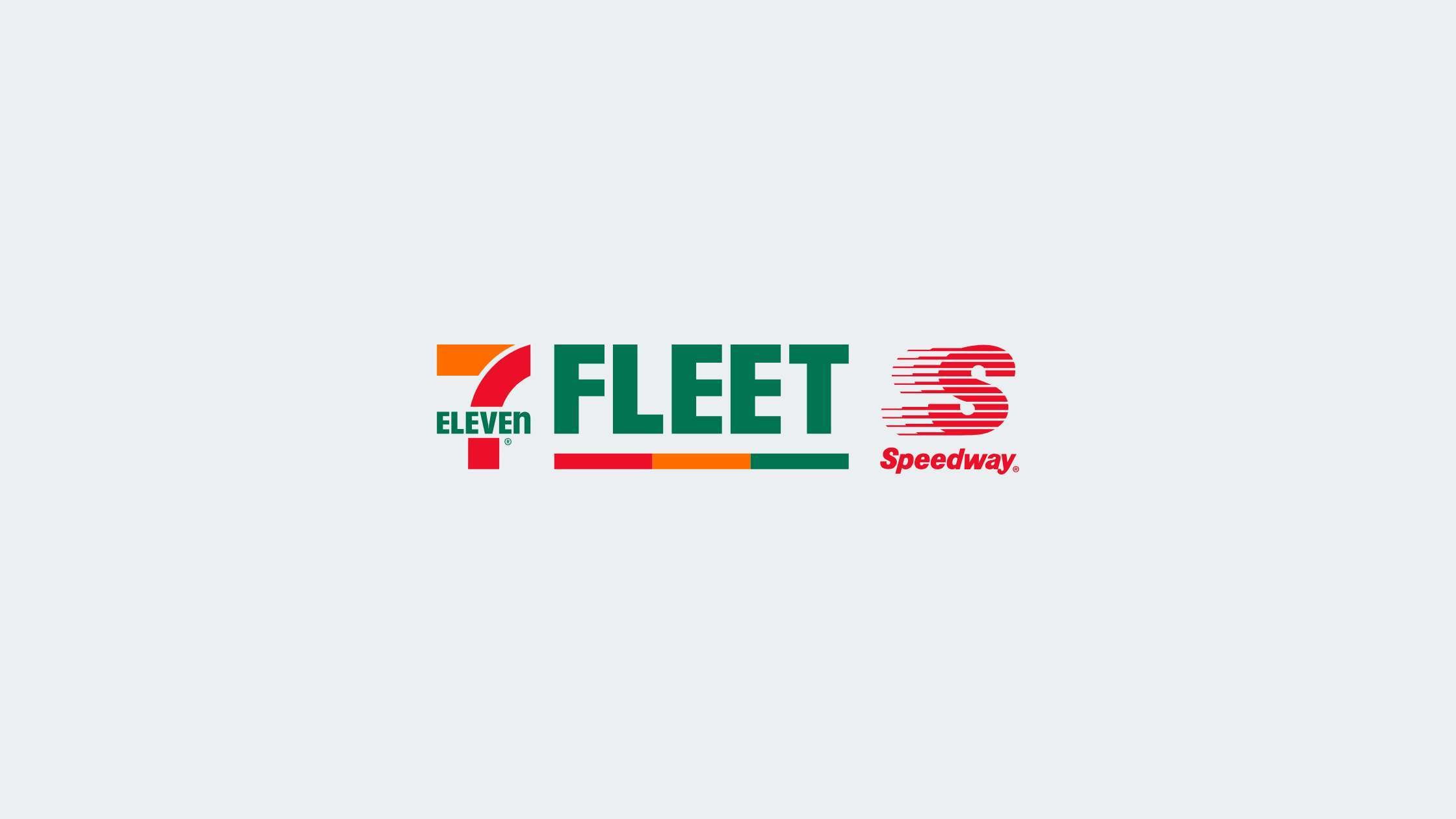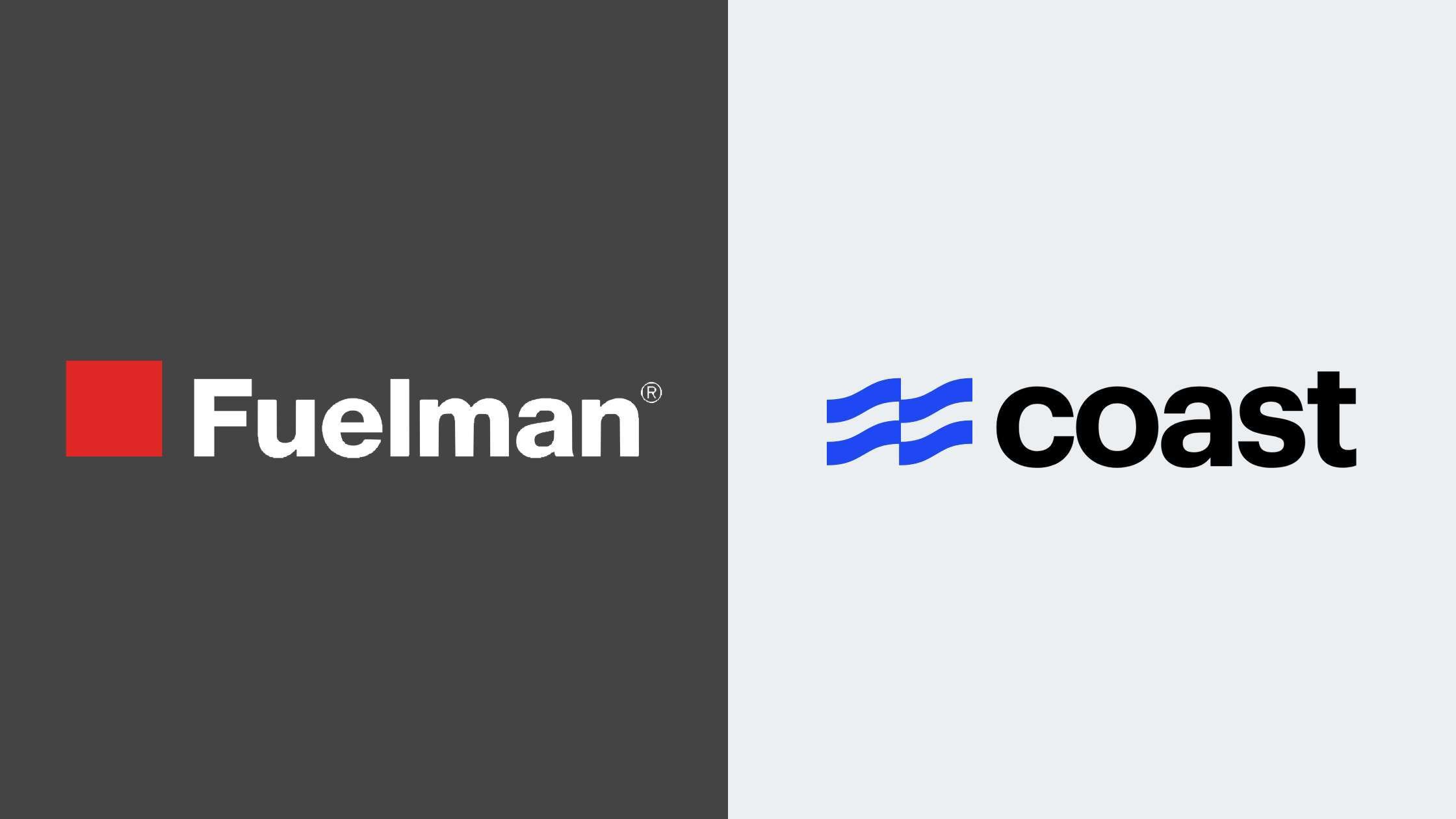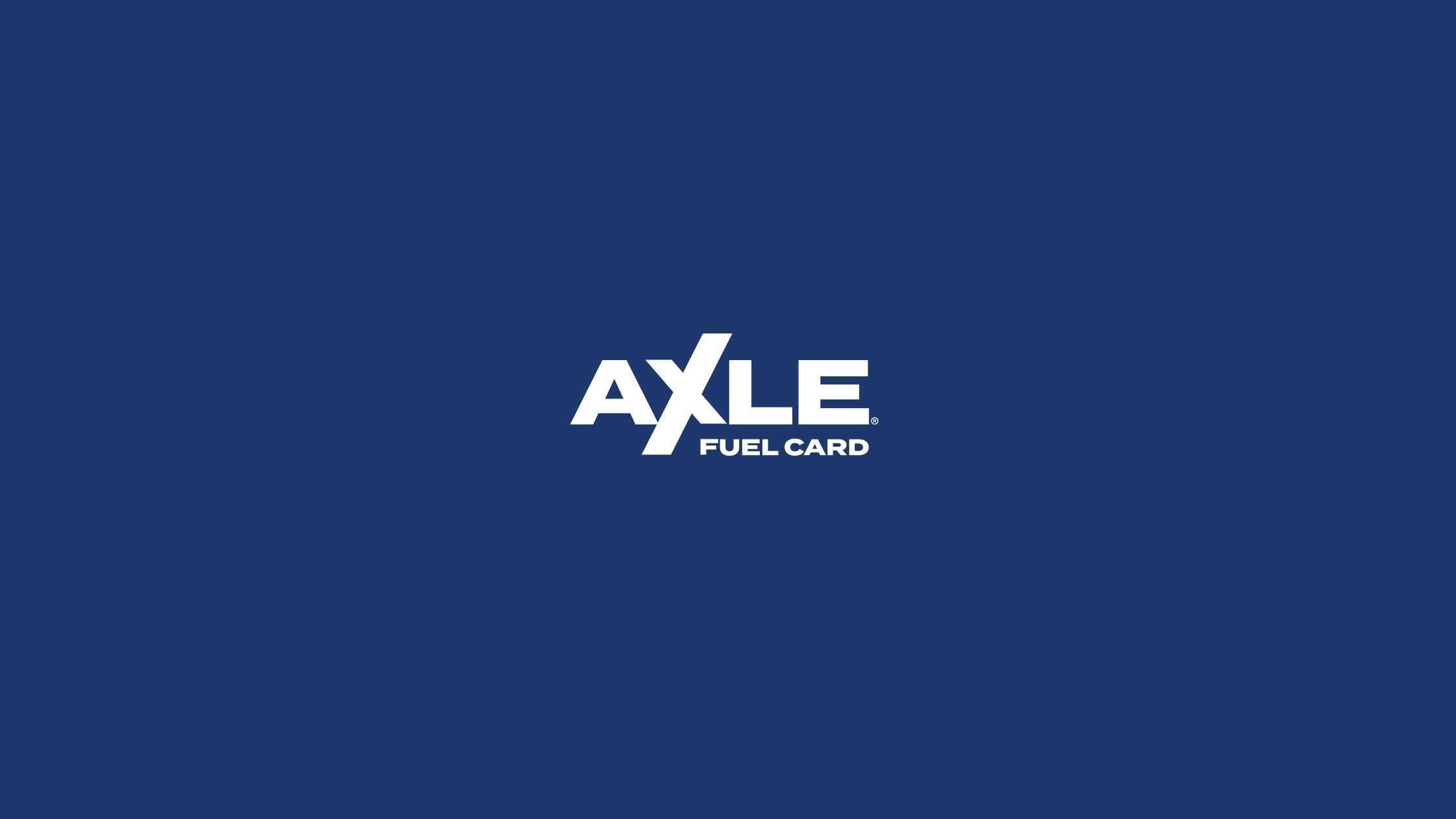If your drivers regularly fuel at QuikTrip, the QT fuel card is a great option for your business. It offers discounts at QT locations, along with spending controls and reporting through the WEX platform.
In this review, we’ll break down accepting locations, discounts, fees, controls, reporting, pros and cons, and provide some other alternatives so you can decide if the QT fuel card is the right fit for your business.
9 min read
QT Fuel Card Review: Is it the Right Gas Card for Your Business?
By Broderic Fernow on Feb 26, 2026 7:00:54 AM
7 min read
ARCO Fuel Card Review: Is it the Right Gas Card for Your Business?
By Broderic Fernow on Feb 25, 2026 10:51:18 AM
If your fleet regularly fuels at ARCO, the ARCO fuel card is a simple way to control your drivers' fuel purchases. It offers a 15¢ per gallon introductory discount, access to the broader Fuelman network, spending controls, and fuel reporting.
But beyond the intro offer, the fuel savings mostly come from ARCO’s everyday pump pricing rather than long term rebates.
In this review, we’ll break down accepting locations, discounts, fees, controls, reporting, pros and cons, and provide some alternatives so you can decide if the ARCO fuel card makes sense for your business.
10 min read
Phillips 66 Conoco 76 Fuel Card Review: Is it the Right Gas Card for Your Business?
By Broderic Fernow on Feb 24, 2026 2:18:06 PM
If your drivers regularly fuel at Phillips 66, Conoco, or 76 stations, the Phillips 66 Conoco 76 fuel card is an option worth considering. It offers per-gallon rebates at those locations, along with spending controls and reporting tools to help you manage and control your fleet’s fuel costs.
In this review, we’ll break down accepting locations, discounts, fees, controls, reporting, pros and cons, and provide some alternatives so you can decide if the Phillips 66 Conoco 76 fuel card is the right fit for your business.
9 min read
Sunoco Fuel Card Review: Is it the Right Gas Card for Your Business?
By Broderic Fernow on Feb 23, 2026 8:30:00 AM
If your business regularly fuels at Sunoco stations, the Sunoco fuel card can be a solid option. It provides per gallon rebates at Sunoco locations along with spending controls and reporting tools to help you manage your fleet's fuel costs.
In this Sunoco fuel card review, we’ll break down acceptance, rebates, fees, controls, reporting, the key pros and cons, and provide alternative fuel cards so you can decide whether the Sunoco fuel card is a good fit for your business.
7 min read
Mudflap Fuel Card Review: Is it the Right Fuel Card for Your Business?
By Broderic Fernow on Feb 20, 2026 6:50:16 AM
Mudflap built its reputation in the trucking industry with its discount fuel mobile app. Now the Mudflap fuel card brings those savings into a fuel card program that gives fleet managers more control and visibility over driver purchases. The question is whether it’s the right fit for your business.
In this review, we’ll break down how the Mudflap fuel card works, where it’s accepted, what discounts and fees to expect, and the controls and reporting features it offers. We’ll also cover the pros and cons and provide some alternative fuel cards so you can decide if it's the best card for your business.
9 min read
7-Eleven (Speedway) Fuel Card Review: Is it the Right Gas Card for Your Business?
By Broderic Fernow on Feb 19, 2026 6:56:23 AM
If your drivers regularly fuel at 7-Eleven, Speedway, or Stripes, the 7-Eleven fuel card is built specifically for that network. It offers volume based discounts at participating locations along with spend controls and reporting tools through the WEX platform.
In this review, we’ll break down acceptance, rebates, fees, controls, reporting, and the key pros and cons so you can decide whether the 7-Eleven fuel card is the right fit for your business or if a more flexible option would make more sense.
17 min read
Fuelman vs. Coast: Fleet Fuel Card Comparison Guide [2026]
By Broderic Fernow on Feb 18, 2026 8:16:30 AM
Fuelman and Coast are both widely accepted fuel cards that offer solid spend controls, reporting, and fraud protection, but they’re built differently. Fuelman runs on a dedicated fuel card network with flat rate discounts and offers different subscription levels. Coast is a fintech fuel card built on a modern platform that runs on the Visa network, giving fleets broader acceptance and a simple fee structure.
In this guide, we break down accepting locations, discounts, fees, reviews, fraud protection, and controls so you can see how Fuelman and Coast compare side by side. By the end, you’ll have a clear picture of which card aligns best with your business needs.
Topics: Fleet Cards
6 min read
Axle (Pilot Flying J) Fuel Card Review: Is it the Right Fuel Card for Your Business?
By Broderic Fernow on Feb 17, 2026 7:10:10 AM
If your fleet regularly fuels at Pilot, Flying J, or One9 truck stops, the Pilot Flying J Axle fuel card is designed to deliver consistent diesel discounts at these locations while giving fleet managers visibility and control over driver spending.
In this Axle fuel card review, we’ll break down acceptance, discounts, fees, controls, reporting, and pros and cons so you can determine whether it’s the right fit for your trucking operation or if a more flexible fuel card would better support your routes.
9 min read
Marathon Fuel Card Review: Is it the Right Gas Card for Your Business?
By Broderic Fernow on Feb 13, 2026 9:01:58 AM
If your drivers regularly fuel at Marathon stations, the Marathon fuel card is a good fuel card option. It offers per-gallon rebates at Marathon locations, spending controls, and reporting tools designed to help businesses manage fuel costs more effectively.
In this Marathon fuel card review, we’ll break down accepting locations, rebates, fees, controls, reporting, and the key pros and cons. We’ll also provide alternative fuel cards so you can decide if it’s the right fit for your business.












